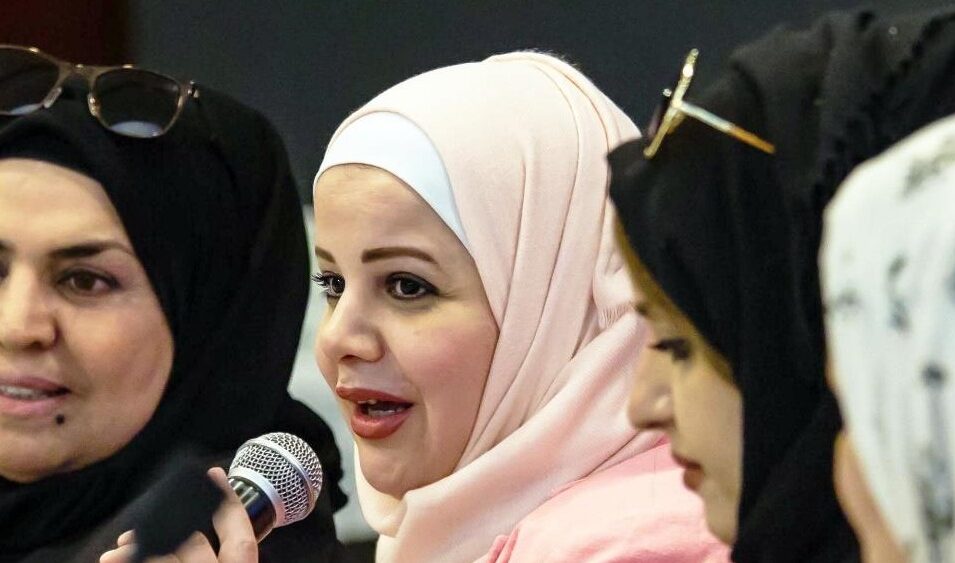Effective urban service delivery is key to improving the lives of the rapidly growing number of urban dwellers, particularly in developing countries. In the next three decades, 2.5 billion people will migrate into the world’s urban areas, 90 percent of them in Africa and Asia.
Ensuring that urbanization in these countries happens sustainably is an urgent priority. Already an estimated one billion people live in urban slums without access to basic services like clean water, electricity, waste disposal, or health services, and this number is expected to increase to two billion by 2030.
Strengthening the effective and equitable delivery of services directly promotes economic growth and poverty reduction. Better managed cities with improved services contribute to peace and security, encourage greater investment in people, and support just and democratic governance.
USAID works with the public and private sectors, non-governmental organizations, and civil society to expand and improve the delivery of urban services in key public service sectors—providing the foundation for sustained growth and widespread prosperity.
Water, Sanitation, and Hygiene (WASH)
Sustainable development is not possible without water, sanitation and hygiene (WASH). Lack of access to safe water and sanitation services has direct health implications – almost 800,000 children under 5 die from diarrhea each year.
USAID takes a systems approach to the expansion and improvement of WASH services, focusing on the nexus between government and commercial providers. This includes working with partners to identify sustainable service delivery models that can be adopted by both the public and private sectors. In many countries, USAID fosters scientific collaboration and South-South technology transfer with new models that lower the cost of accessing basic sanitation and waster services in slums.
Solid Waste Management and Recycling
Rapid urbanization, economic growth, and a burgeoning middle class are leading to a correlative increase in waste in cities of the developing world. Municipal waste generation is expected to rise to 2.2 billion tons per year by 2025. In many cities waste management systems, infrastructure, and governance are struggling to keep pace with growing populations and increasing amounts of trash, particularly plastic waste that often ends up in the ocean.
In response, USAID uses a collaborative, cross-sectoral approach in working with cities and local governments to promote sustainable, locally led solutions. This includes supporting local governments and innovators to create and scale-up technologies that improve the cost effectiveness of water and waste management services, while also helping cities to leverage third-party financing to support these services.
Public Transport and Roads
Only with an efficient, connected, well maintained road network and transportation services can a country maximize its potential. Experience shows that improving transportation systems can enable business investment, economic growth, and employment opportunities. In many urban areas of the developing world, however, reliable roadways with sufficient connectivity to jobs and community resources are still lacking because of inadequate investment and poor maintenance.
To improve public transportation infrastructure, USAID supports integrated urban planning and assists governments to make more strategic investments in transport infrastructure. This includes improved designs for more resilient infrastructure, adoption of clean transportation technology, and the application of “smart city” technologies that can improve real-time transportation management.
Infrastructure
Soundly planned, well-executed, and inclusive infrastructure can increase opportunities for trade, improve access to markets, and, in the long run, enhance food security and reduce poverty. In many cities in the developing world, however, basic infrastructure is failing, insufficient, or non-existent.
USAID supports the design, rehabilitation, and construction of urban infrastructure. This includes working with host countries and cities to design and adapt infrastructure to local conditions and to increase self-reliance through improved revenue collection and long-term maintenance. USAID also helps cities to create strong local institutions to finance and manage infrastructure, as well as sound legal and regulatory environments to govern its operation and advancement.
Key Resources
Funding Options for Sustainable Solid Waste Management Systems
Supplemental Material: Solid Waste Sector Methane Mitigation Technical Brief Series
Methane Mitigation Technical Brief Series: Solid Waste Sector
Green Cities Podcast Series
Improving Subnational Domestic Resource Mobilization
USAID Water and Development Technical Series: Urban Water Services
Sector Environmental Guideline: Solid Waste
Insights & Updates
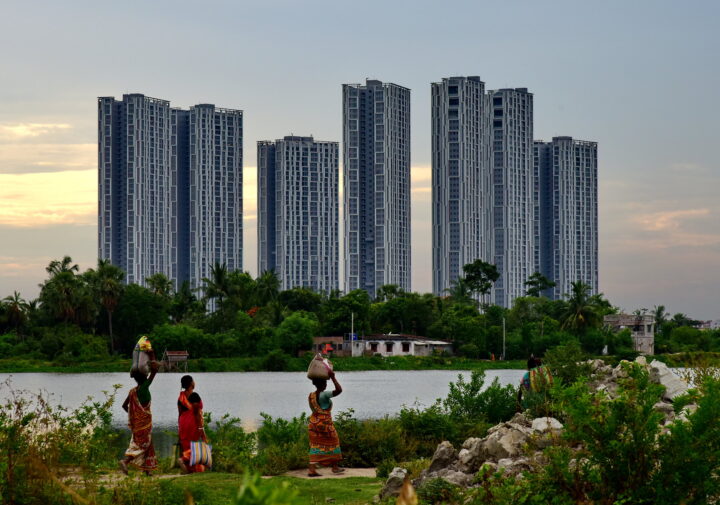
Program for Local and Urban Sustainability (PLUS): A Field Support Mechanism to Advance Integrated Urban Programming
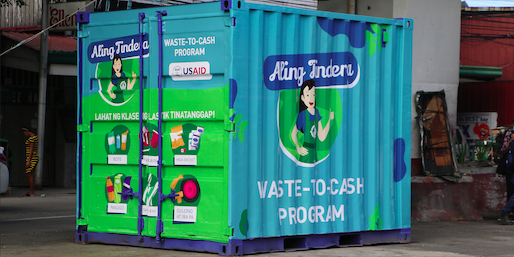
Women in the Waste Sector: Unlocking Global Climate Gains through Local Action
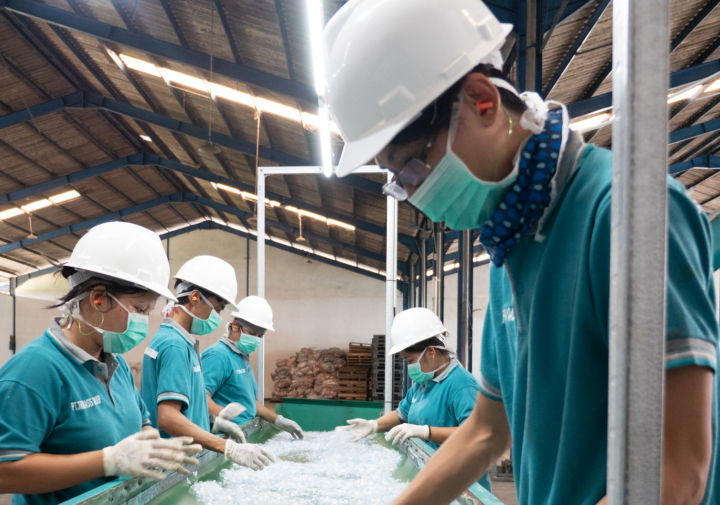
Best of 2020 – Ocean Plastics at USAID
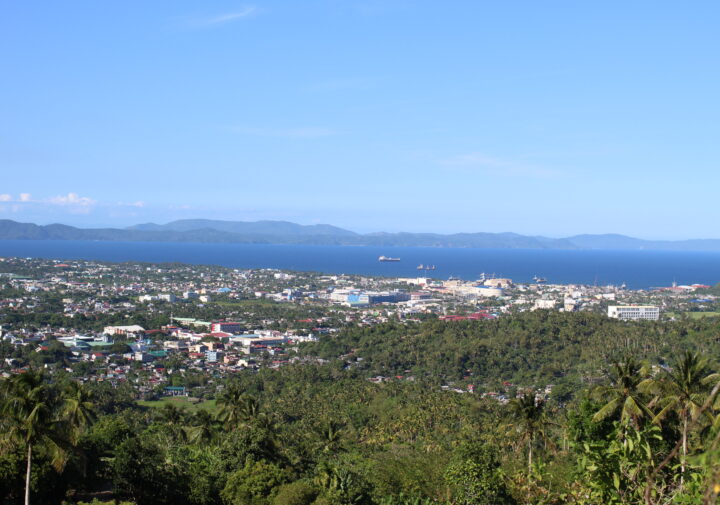
Sustainable Urban Development and the Energy-Water Nexus
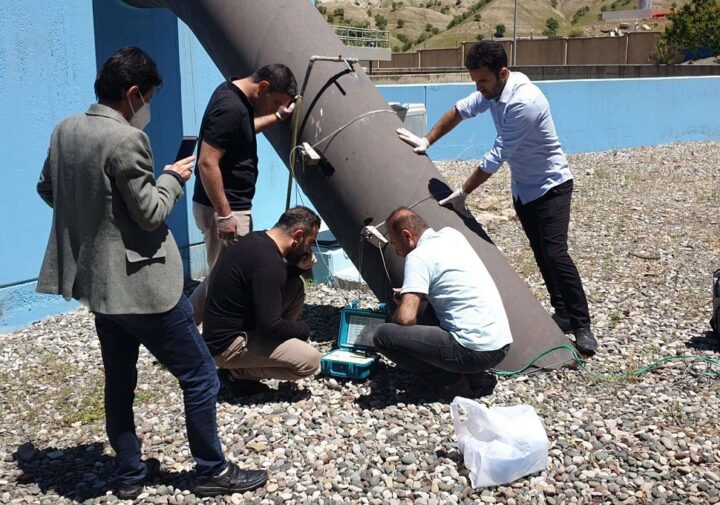
Less is more: Reducing water loss to improve resilience in Iraq
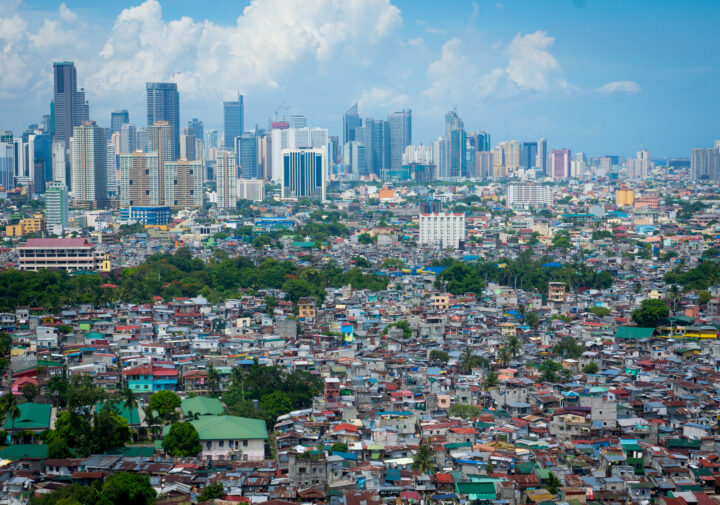
Seven Ways USAID is Working with Cities
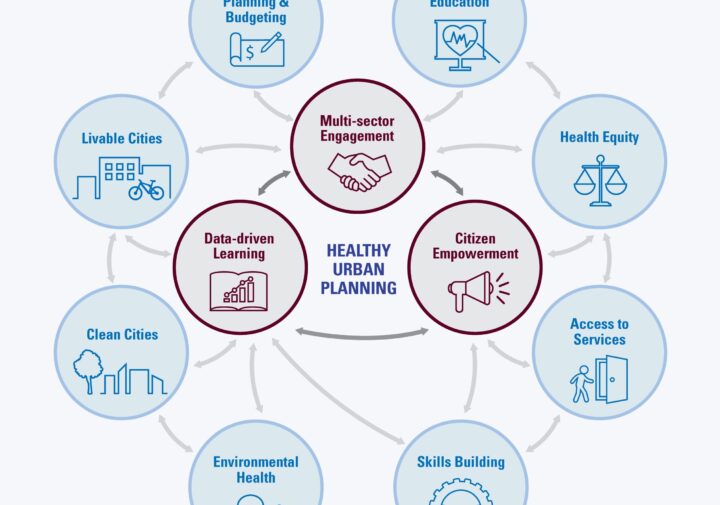
Prioritizing Health in Our Cities
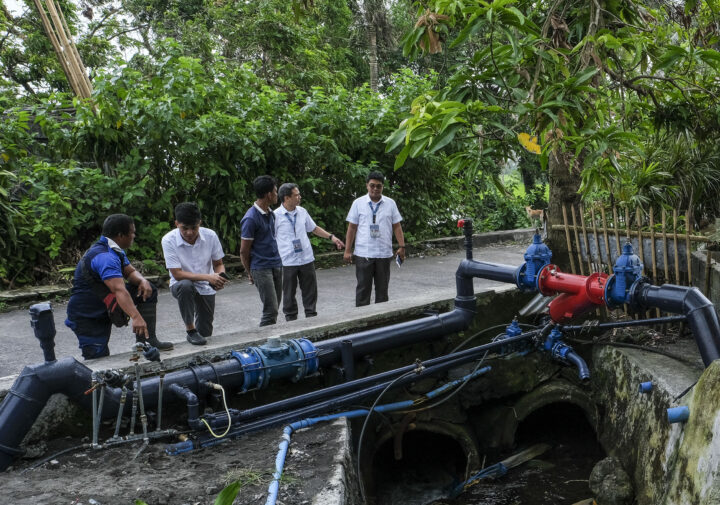
Sustainable water services amid disasters in Philippines
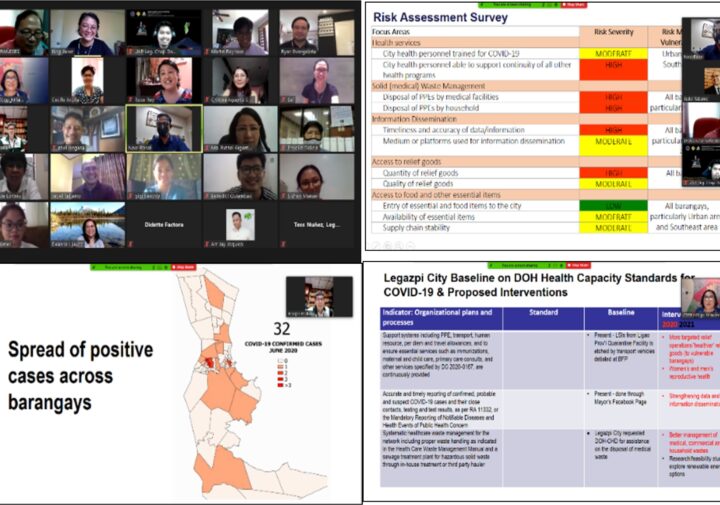
Cities undertake COVID-19 response and recovery planning with the help of USAID
Projects
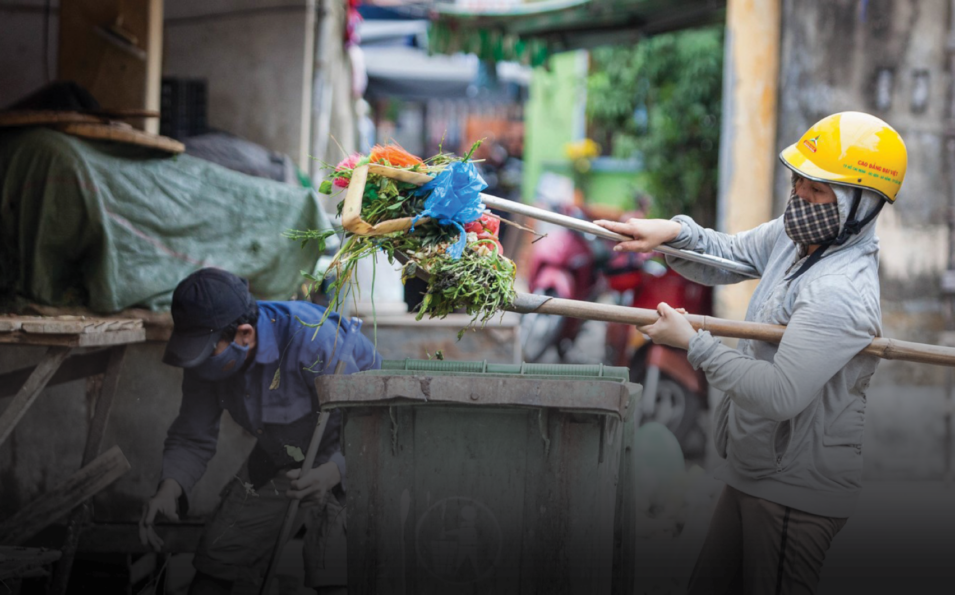
Municipal Waste Recycling Program
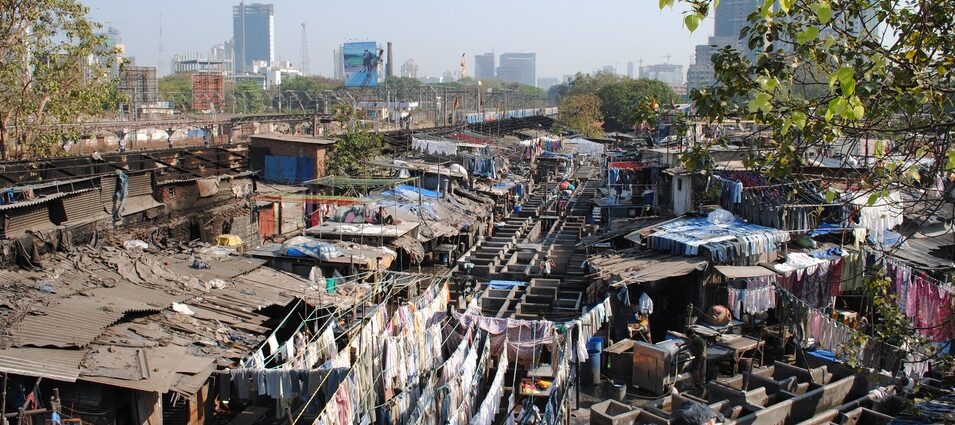
Making Cities Work IDIQ

Clean Cities, Blue Ocean
